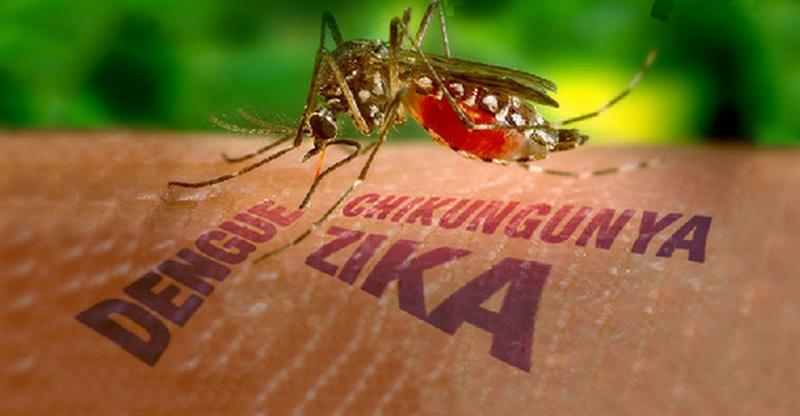A PAHO strategy to help countries mitigate the impact of Zika seeks $8.5 million in aid from the international community.
 At a meeting convened by the Southern Common Market (MERCOSUR) in Montevideo, Uruguay last week, Director of the Pan American Health Organization/World Health Organization (PAHO/WHO) told ministers of health that more resources are urgently needed to fight the spread of Zika in the Americas.
At a meeting convened by the Southern Common Market (MERCOSUR) in Montevideo, Uruguay last week, Director of the Pan American Health Organization/World Health Organization (PAHO/WHO) told ministers of health that more resources are urgently needed to fight the spread of Zika in the Americas.
She explained that countries within the region of the Americas need to allocate additional resources to aid mosquito control efforts, and fight the spread of the disease.
"All countries need to prepare their health services for an increase in demand, carry out public education campaigns, and track the spread of Zika and increases in suspected complications of the virus, including microcephaly and Guillain-Barré syndrome,” said Dr. Carissa Etienne. “This work will require tangible and explicit support from the highest political levels."
Dr. Etienne announced a new PAHO strategy to help countries mitigate the impact of Zika by strengthening their abilities to detect the virus, reduce mosquito populations, and provide the necessary healthcare services. To implement this strategy, PAHO is seeking an initial $8.5 million from the international community.
The special meeting of Latin American ministers of health came just two days after WHO declared Zika a "public health emergency of international concern" due to clusters of microcephaly in areas with Zika circulation. To date, Brazil has reported more than 3,000 suspected cases of microcephaly, which are currently under investigation.
Dr. Etienne said gaps in knowledge about Zika should not delay action to fight the virus.
“One fact of which we are unequivocally sure is that the Zika virus—like dengue, chikungunya and yellow fever viruses—is transmitted by the Aedes aegypti mosquito. The most effective control measures are the prevention of mosquito bites and the reduction of mosquito populations. Communities, families and individuals must be effectively mobilized to undertake the very critical work of eliminating mosquito breeding sites, including derelict vehicles, discarded tires, uncovered water barrels and other containers.”
She also appealed for special attention to the needs of women of child-bearing age, and particularly women in low-income communities who often lack access to the information and health services they need to protect themselves.
“The reality is that large numbers of women in our region lack access to sex education and effective methods of contraception. It is highly probable that these same women may live under conditions of vulnerability, consequently increasing potential exposure to mosquito bites. We must, therefore, make every effort to invest resources in comprehensive reproductive health services.”
Following the meeting, the ministers of health of MERCOSUR and the Community of Latin American and Caribbean States (CELAC) issued a joint declaration pledging to improve strategies by drawing on recent experience and by simultaneously targeting not only Zika but other mosquito-borne viruses, especially dengue and chikungunya.
The ministers called on PAHO/WHO to support their efforts with direct technical cooperation, promote south-south cooperation and develop protocols and guidelines on surveillance, risk communication and clinical management, through a technical team in the region.
To date, 26 countries and territories of the Americas have reported local transmission of Zika virus infection. The hemisphere’s first local cases appeared on Chile’s Easter Island in February 2014, and in May 2015, Brazil reported the first locally transmitted cases on the American continent.
PAHO/WHO has been collaborating with Brazilian health authorities, mobilizing its own staff and external experts through the Global Outbreak Alert and Response Network (GOARN) and has carried out technical missions to other member countries. PAHO has been providing countries with guidance on surveillance and clinical management of Zika cases, laboratory detection of the virus, vector control, surveillance of microcephaly and other neurological syndromes, and risk communication.
In early March, PAHO/WHO will host a meeting of research partners, including the US Centers for Disease Control and Prevention (CDC), the Pasteur Institute and the Oswald Cruz Foundation (Fiocruz) to develop a research agenda to address the gaps in knowledge and evidence about Zika and its health effects.